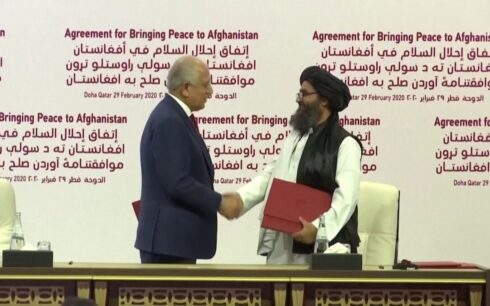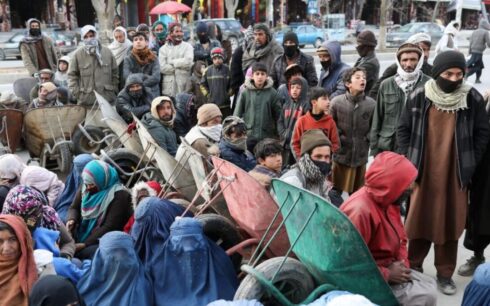The UN Office for the Coordination of Humanitarian Affairs (OCHA) has projected that 22.9 million people in Afghanistan will require humanitarian aid in 2025, a slight decrease from the 23.7 million estimated for the current year.
Despite the overall reduction, acute food insecurity is expected to worsen. OCHA estimates that 14.8 million Afghans will face acute food shortages next year, a rise of 2.4 million compared to this year’s figures reported by the World Food Program (WFP).
The report highlights worsening access to essential services. OCHA estimates that 14.3 million people will have limited access to healthcare in 2025, while 7.8 million women and children will require nutritional assistance—a significant increase from the 9.2 million identified by the WFP for this year.
OCHA warned that restrictive measures imposed by the Taliban continue to exacerbate vulnerabilities, particularly for women, girls, and marginalized groups. The report states:
“Afghanistan’s population remains subject to escalating rights restrictions imposed by de facto authorities, heightening protection risks for all, especially women and girls.”
Widespread unemployment, household debt, and poverty are expected to persist, affecting nearly half of Afghanistan’s population. Female-headed households are particularly at risk, OCHA noted.
The economic crisis, coupled with weak healthcare and education infrastructure, has left many Afghans unable to withstand further shocks. The anticipated return of refugees from neighboring countries next year is expected to strain limited local resources further, complicating aid delivery.
Seasonal challenges and climate change are also compounding the crisis. Rising temperatures and prolonged drought are expected to worsen in 2025, deepening Afghanistan’s vulnerability to environmental and agricultural instability.
To address the crisis, U.N. humanitarian agencies plan to reach 16.8 million people in 2025. OCHA estimates that $2.42 billion will be required to deliver essential aid to those in need, underscoring the urgency of international support in the face of Afghanistan’s ongoing humanitarian disaster.





